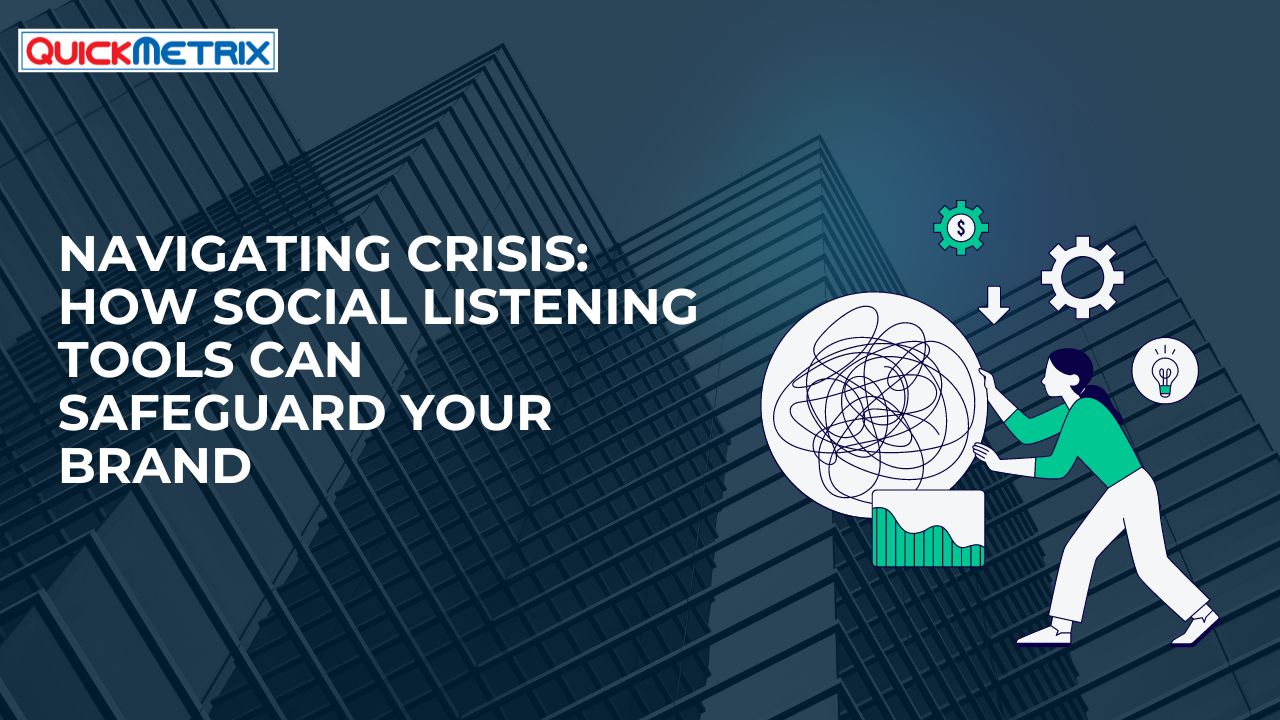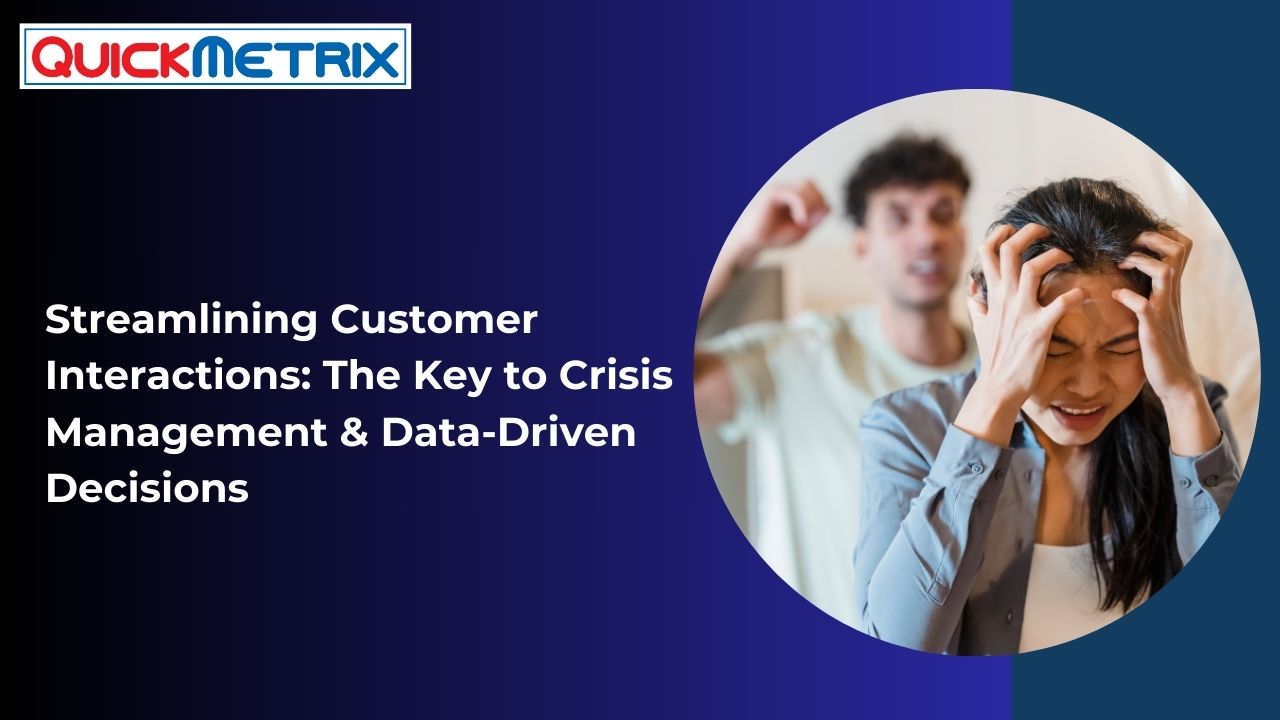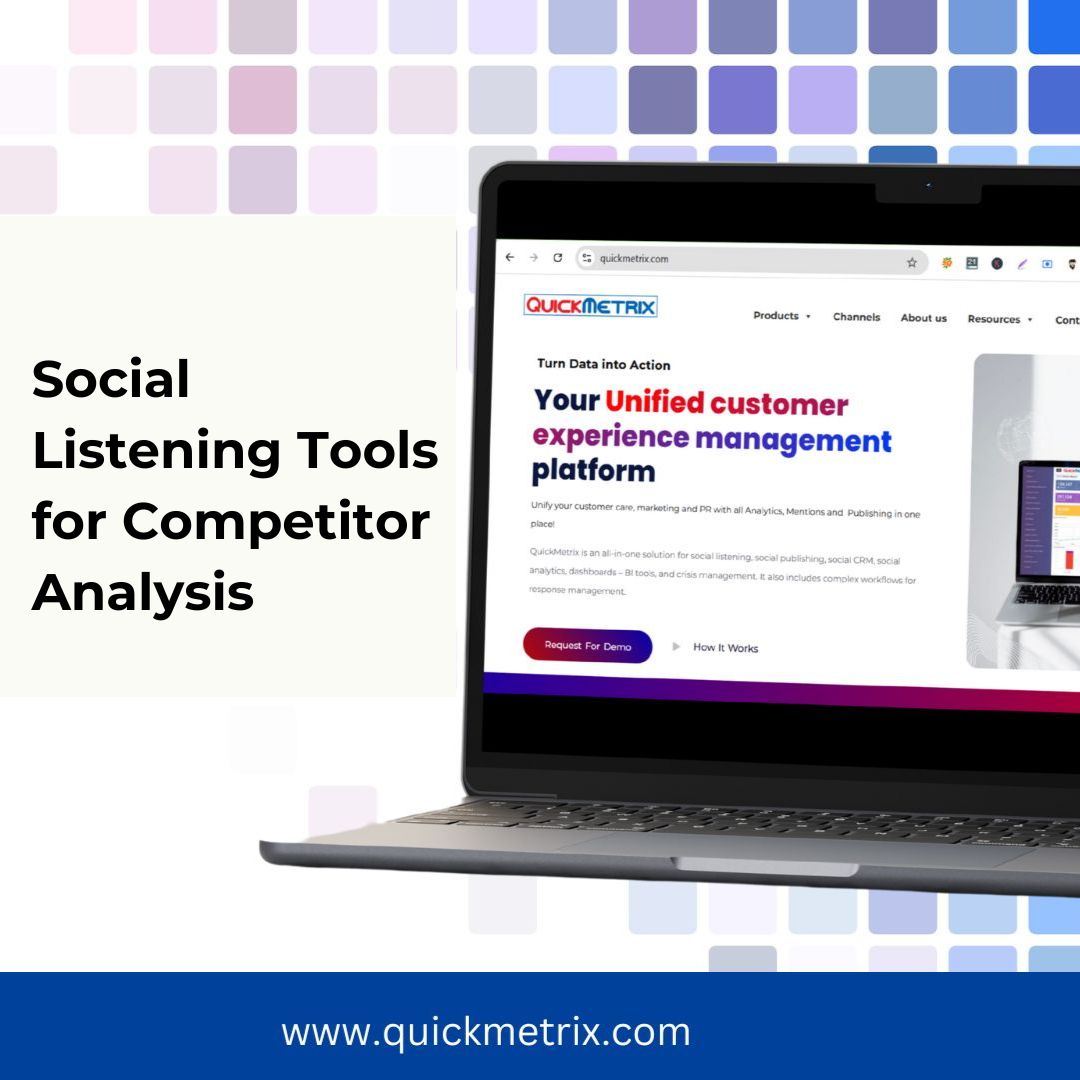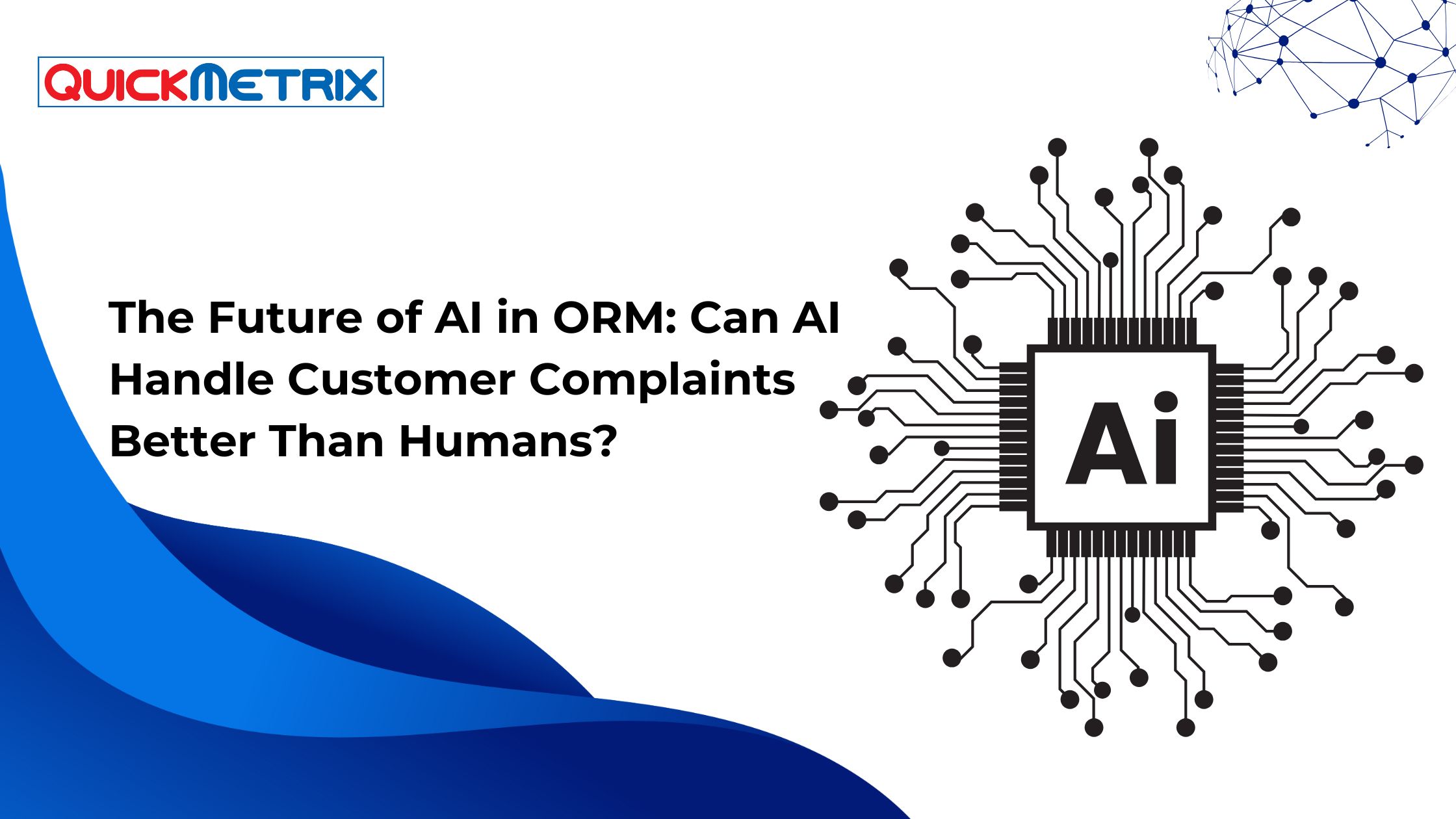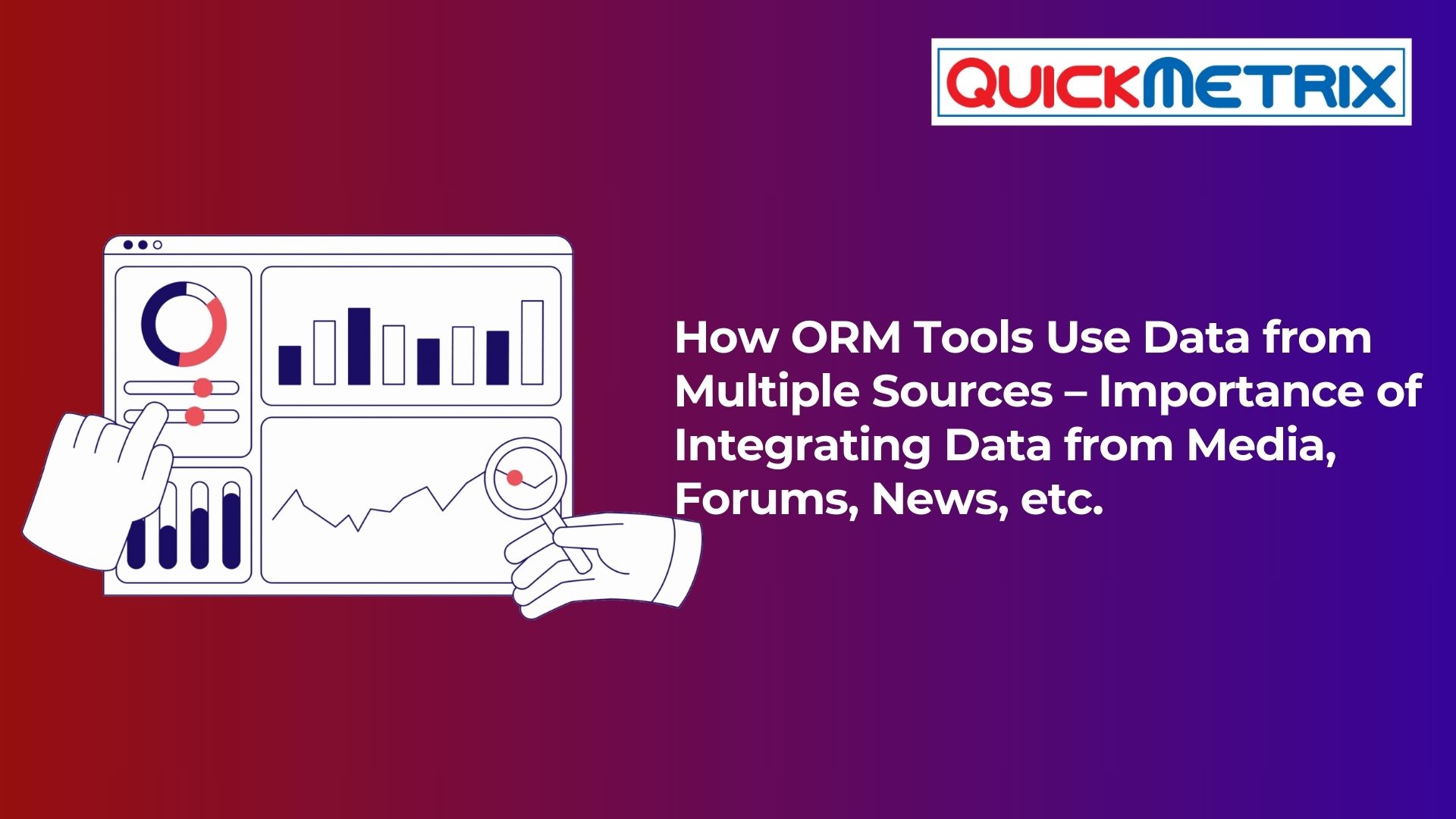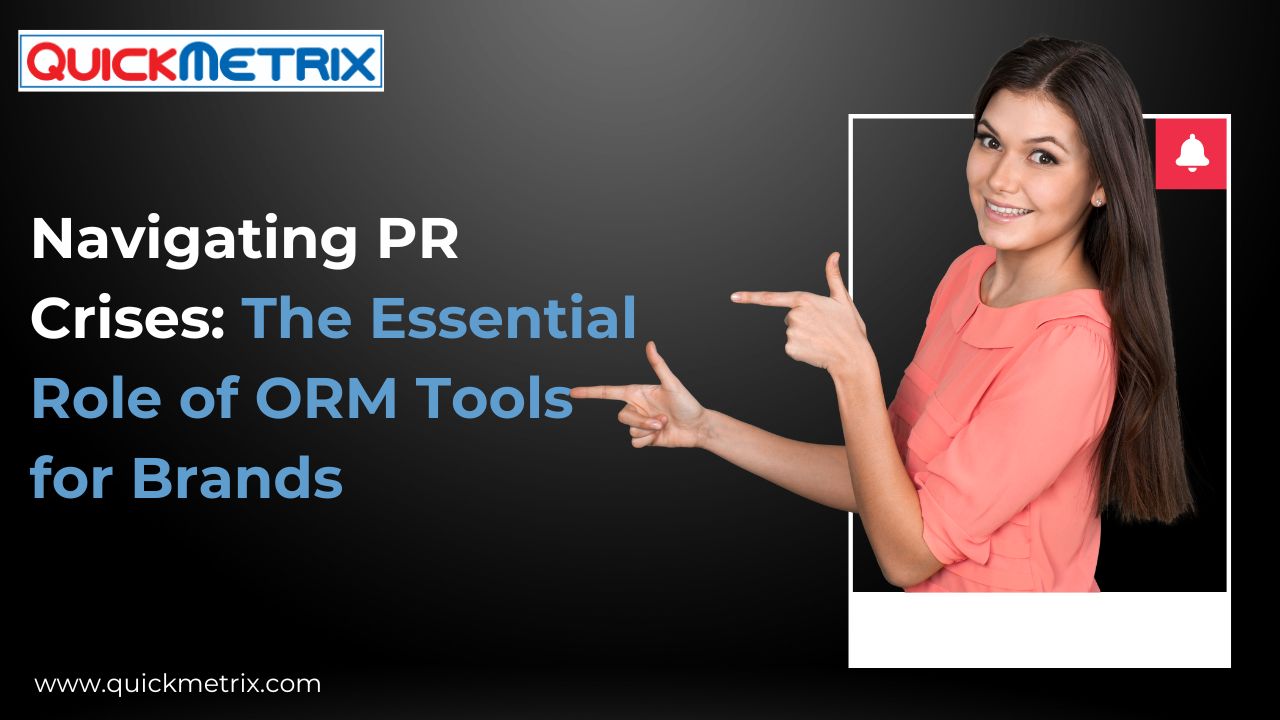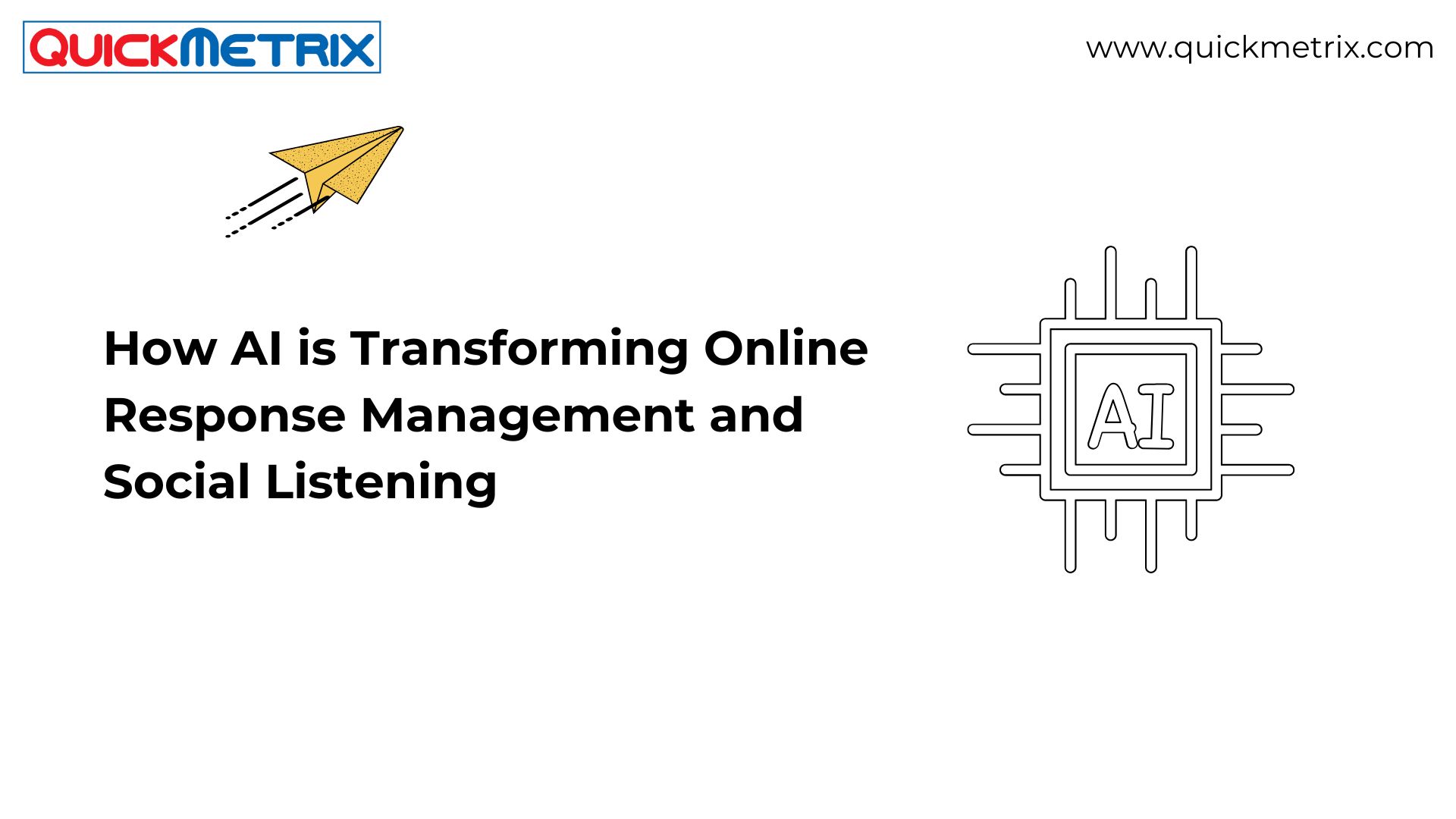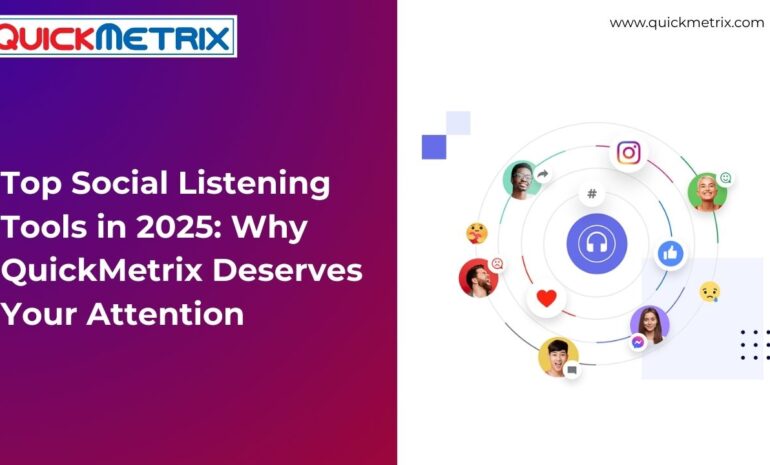Introduction to Social Listening Tools for Crisis Management
In today’s rapidly evolving digital era, maintaining a positive brand image is more crucial than ever. Social listening, a powerful tool that allows organizations to monitor online conversations, analyze trends, and gather insights, plays a vital role in effective crisis management.
What is Social Listening?
Social listening involves tracking online conversations on various platforms like social media, forums, blogs, and news websites to understand what customers are saying about a brand. By monitoring mentions, keywords, and sentiments, organizations can gain valuable insights into public opinions and emerging trends.
The Importance of Proactive Crisis Management
Proactive crisis management is essential for maintaining brand reputation and building trust with stakeholders. By anticipating potential threats and preparing response strategies in advance, businesses can mitigate the impact of crises and protect their credibility.
How Social Listening Tools Can Enhance Crisis Response
Social listening tools provide real-time monitoring capabilities, allowing organizations to detect and analyze crisis situations as they unfold. By leveraging these tools, businesses can respond swiftly, address issues effectively, and prevent negative publicity from spreading.
Identifying Early Warning Signs through Social Listening
One of the key benefits of social listening is the ability to identify early warning signs of potential crises before they escalate. By monitoring brand reputation, tracking public sentiment, and recognizing triggers, organizations can proactively address issues and minimize damage.
-
- Monitoring Brand Reputation in Real-Time: Social listening tools enable businesses to track mentions, comments, and reviews related to their brand, products, or services, allowing them to stay informed and address issues promptly.
-
- Tracking Public Sentiment and Emerging Trends: By analyzing sentiment and identifying trends, organizations can anticipate shifts in public perception and tailor their communication strategies accordingly.
-
- Recognizing Potential Crisis Triggers Before they Escalate: Social listening helps businesses identify issues or complaints that have the potential to develop into full-blown crises, enabling them to take preemptive action.
Engaging with Stakeholders and Influencers
Effective crisis management involves engaging with stakeholders, including customers, employees, and influencers, to address concerns, provide updates, and shape the narrative surrounding the crisis.
Leveraging Social Listening to Identify Key Opinion Leaders
Social listening can help organizations identify key opinion leaders and influencers who can act as advocates during a crisis. By building relationships with these individuals, businesses can gain support, credibility, and influence in the online community.
Establishing Direct Communication Channels with Customers
Engaging directly with customers through social listening tools allows organizations to address feedback, respond to inquiries, and provide updates in a timely manner. By maintaining open lines of communication, businesses can build trust and loyalty with their audience.
Collaborating with Influencers to Shape the Narrative
In times of crisis, collaborating with influencers to share positive stories, testimonials, or endorsements can help organizations regain control of the narrative and counteract negative publicity. Influencers can amplify messages, reach a wider audience, and provide a sense of credibility and authenticity.
Analyzing Data for Informed Decision-Making
Data-driven decision-making is essential for effective crisis management. Social listening tools provide valuable data and insights that can help organizations assess the situation, measure impact, and tailor their response strategies accordingly.
Extracting Actionable Insights from Social Listening Tools
By analyzing data collected through social listening tools, businesses can extract actionable insights, identify trends, and make informed decisions about how to manage a crisis effectively.
Utilizing Data Analytics to Measure Impact and Effectiveness
Data analytics can help organizations measure the impact of their crisis management efforts, track key performance indicators, and evaluate the effectiveness of their response strategies. By monitoring metrics like engagement, sentiment, and reach, businesses can gauge the success of their initiatives.
Integrating Findings into Crisis Management Strategies
Integrating data and insights from social listening into crisis management strategies allows organizations to refine their approach, learn from past experiences, and continuously improve their response tactics. By adapting to changing circumstances and feedback, businesses can enhance their crisis preparedness and resilience.
Implementing Response Strategies Based on Social Insights
Crafting timely and relevant crisis communication, tailoring messaging for different platforms and audiences, and evaluating response plans are key components of effective crisis management.
-
- Crafting Timely and Relevant Crisis Communication: Responding promptly and authentically to a crisis is crucial for maintaining transparency and trust with stakeholders. By crafting clear, honest, and empathetic messages, businesses can demonstrate accountability and address concerns effectively.
-
- Tailoring Messaging for Different Platforms and Audiences: Different platforms require unique communication strategies. Social listening can help organizations understand the preferences, behaviors, and expectations of their target audiences, allowing them to tailor their messaging to resonate with different groups.
-
- Evaluating Response Plans and Making Necessary Adjustments: After a crisis has been resolved, it’s essential to evaluate response plans, identify areas for improvement, and make necessary adjustments to prevent similar incidents in the future. By conducting post-crisis assessments and incorporating feedback, organizations can strengthen their crisis management capabilities.
Summary
In today’s fast-paced digital landscape, the ability to effectively manage crises is more critical than ever. Social listening tools provide organizations with a valuable resource for monitoring, analyzing, and responding to potential threats in real-time. By leveraging these tools to proactively identify early warning signs, engage with stakeholders, analyze data, and implement response strategies, businesses can safeguard their brand reputation and navigate crises successfully.
FAQs
-
- What are some popular social listening tools available in the market?
- Popular social listening tools include Brandwatch, Sprout Social, Hootsuite, Mention, Talkwalker, QuickMetrix, and Meltwater. These platforms help monitor, analyze, and respond to online conversations, providing valuable insights into brand perception and customer sentiment.
-
- How can social listening help organizations detect and respond to crisis situations?
- Social listening helps organizations detect and respond to crises by monitoring real-time conversations, identifying negative trends, and flagging potential issues early. This enables swift response, mitigating damage, maintaining reputation, and improving communication with affected stakeholders.
- What are the key benefits of integrating social listening into crisis management strategies?
- Integrating social listening into crisis management offers key benefits: early detection of issues, real-time monitoring, informed decision-making, proactive response, improved communication, protection of brand reputation, and enhanced stakeholder trust by addressing concerns promptly and effectively.
Top Social Listening Tools in 2025: Why QuickMetrix Deserves Your Attention
In the world of digital marketing, conversations are currency. ...
Read More9-key-things-to-consider-before-choosing-an-best-orm-tool (Online response management tools)
IntroductionIn today's hyper-connected world, a single unresolved tweet or ...
Read MoreStreamlining Customer Interactions: The Key to Crisis Management and Data-Driven Decisions
Streamlining Customer Interactions: The Key to Crisis Management and ...
Read MoreSocial Listening for Financial Services: How Banks & FinTechs Stay Ahead
Introduction to Social Listening in Financial Services Definition ...
Read MoreThe Journey of QuickMetrix: Insights from Surendra Baliga on Building a Successful SaaS Business
The entrepreneurial journey is often filled with challenges, learning ...
Read MoreMastering the Market: How to Use Social Listening Tools for Real-Time Competitor Analysis
1. Introduction to Social Listening Tools1.1 What is Social ...
Read MoreHow to Get the Most Out of Social Listening Tools and Why Businesses Invest in Them
How to Get the Most Out of Social Listening ...
Read MoreListening to the Noise: How to Monitor Conversations That Matter to Your Brand
Understanding the Importance of Monitoring Brand Conversations 1.1 The Role ...
Read MoreThe Future of AI in ORM: Can AI Handle Customer Complaints Better Than Humans?
I. Introduction to Online Response Management (ORM)/ Online reputation ...
Read MoreHow ORM Tools Use Data from Multiple Sources – Importance of Integrating Data from Media, Forums, News, etc.
What is ORM ToolsOnline response Management (ORM) tools are ...
Read MoreTop Features to Look for in an ORM Tool for B2B Companies
Top Features to Look for in an ORM Tool ...
Read More2025 Digital Marketing Predictions: What’s Next for Brands?
2025 Digital Marketing Predictions: What’s Next for Brands?IntroductionDigital marketing ...
Read More15 Social Listening Tools for Your Brand in 2025
Why Social Listening Matters A winning social media strategy starts ...
Read MoreCreating a Seamless Customer Experience with Integrated ORM Solutions
Creating a Seamless Customer Experience with Integrated ORM SolutionsI. ...
Read MoreNavigating PR Crises: The Essential Role of ORM Tools for Brands
Understanding ORM: The Basics Definition of ORM (Online ...
Read MoreHow AI is Transforming Online Response Management and Social Listening
Introduction to Online Response Management Definition and ImportanceOnline ...
Read More